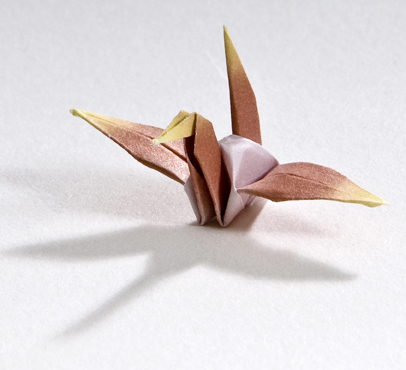After treatment with a bone marrow transplant (BMT), patients are at risk for many long term health problems which HCPs should be aware of. Below are some examples of appropriate screening for long-term survivors of BMT:
| Investigation |
Important aspects to assess: |
| History |
General after any BMT:
- Level of energy and general health
- Weight loss or weight gain recently?
- Oral problems such as dry mouth and dental caries
- Depression
- Back pain secondary to degenerative disease and osteoporosis
- Respiratory symptoms such as cough and shortness of breath (BMT related lung complications)
- Reproductive history, for example - sexual function, menstrual cycle, failure to conceive (infertility)
- Social (married, single, sexual partner, many friends or socially isolated)
- Employment situation
- Does the patient smoke, take recreational drugs or drink heavily?
- Current medications
|
After Whole body RT (TBI) and chemotherapy, also check for:
|
After chemotherapy alone preparatory regime, also check for:
|
If patient has CGvHD
|
| Examination |
Always Check:
|
After TBI:
|
For patients with CGvHD:
- Joint pain, swelling and deformity
- Skin rashes and dryness
- Conjunctivitis and dry eyes
- Oral examination - signs of CGvHD
|
| Neurocognitive testing |
- If TBI was given at a young age, the patient may suffer from a learning disability. It may be important to document problems with higher mental function in order to obtain vocational or recreational rehab or to be eligible for a disability pension
|
| Blood work |
- Routine blood work (including CBC, lytes, creatinine, BUN and LFTs)
- Screen for hepatitis C in patients treated in North America prior to 1994 with blood transfusion
- Hypothyroidism quite common after TBI. Thyroid function tests (at least free T4 and TSH) should be checked every year
- Screening for endocrinopathy: After TBI, significant pituitary dysfunction is rare. However, sometimes hypopituitarism can occur if patient was very young at the time of therapy and was given an additional cranial boost to 24 Gy. If this is suspected, assessment of pituitary function should be supervised by an endocrinologist (e.g. GH deficiency would be most likely, but other problems like ACTH deficiency may develop many years after therapy)
- Testosterone levels in patients previously given TBI as hypogonadism may occur (this is not a common complication as dose is usually too low to damage Leydig cells)
- Testing for metabolic syndrome after TBI: Fasting blood glucose & lipids
|
| Radiology screening |
After TBI:
|
| Specialists and Supportive care |
These patients often need to be followed by many different medical subspecialists:
- Rheumatology (CGvHD)
- Endocrinology (thyroid & pituitary dysfunction, osteoporosis)
- Nephrology (chronic renal dysfunction)
- Psychiatry (depression)
- Ophthalmology (cataracts)
- Oral oncology/Dentistry (abnormal tooth development and dry mouth)
Support is also often necessary from:
- Family counselling
- Psychology
|
| Other screening |
- After adriamycin, high dose cyclophosphamide: cardiac function should be monitored with an echocardiogram every 2 - 3 years or so
|
After RT there is an increased risk of secondary malignancy:
- After TBI patient should have early screening for colon cancer. COG recommends that colonoscopy should be performed beginning at age 35 years or 10 years following
RT (whichever occurs last)
|
|
|
| Advice |
Lifestyle:
- Advise about diet, exercise and lifestyle choices (such as smoking) which may further increase the risk of vascular disease.
- Diet should contain adequate number of dairy servings, Vitamin D and calcium to help prevent osteoporosis
- TBI includes the spine and there is most likely an increased risk of degenerative arthritis and osteoporosis - therefore survivors who had this therapy should avoid work which involves lifting heavy weights
|
If the patient notices any new swellings (painless or painful) anywhere in their body they should immediately seek advice. After BMT there is a greatly increased risk of second malignant neoplasm
- TBI includes the testicles and male survivors should practice self examination of the testicles on a regular basis to exclude secondary neoplasms
|
Patient Information
COG Survivorship Guidelines |
|

